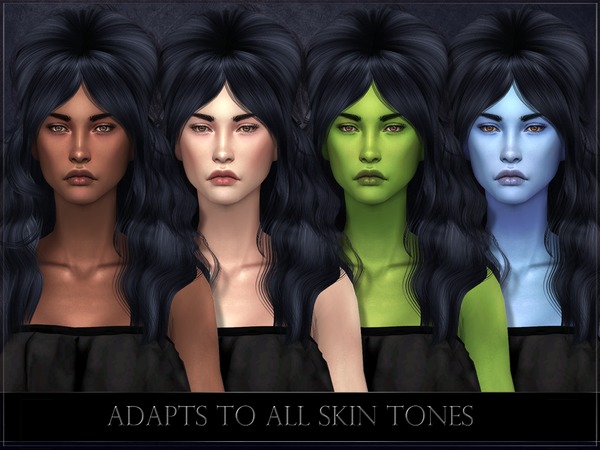
"I would use Photoshop to edit the skin tones, edit the files, and then use the programs that the community made to export and test," Virgil explained to reporters. She decided to dive into a Sims modding program called the Skininator and create a pair of mods called the "Melanin Pack." Unfortunately, the new skin tones still made the characters look "ashy" and Virgil decided to do something different. Eventually, Electronic Arts (EA), the developer and publisher of the series, heeded their requests.

The content creator would be among the players campaigning for more skin tones in the latest entry to the franchise, The Sims 4. "Where’s the undertones? Where is the contrast? Where’s the vibrance?" "There’s like this gray, ashy-like undertone, and looking at it is the equivalent of nails on a chalkboard for me," Virgil told The Verge. Virgil, who cultivated story-driven YouTube videos featuring her Sims characters, started getting frustrated with a huge flaw in The Sims: the lack of natural skin tones for people of color. Modding is where you can code and create new features and assets for games, from changing characters' appearances to integrating features that improve overall gameplay and performance. Her advocacy started with a humble activity: modding The Sims.įor those unfamiliar with the super-popular video game series, you can essentially create characters with unique personalities and control everything about their lives: appearances, jobs, home life, and more. One Twitch streamer and entrepreneur is making sure people of color succeed in the skyrocketing field of content creation.Īmira Virgil is a vocal advocate for diversity in the gaming world. Several Black content creators have carved out their own audiences and even rose to superstardom, like KSI, Khaby Lame, and Marques Brownlee.

Online platforms like YouTube, Twitch, and TikTok are creating new celebrities, from xQc and Pokimane to Markiplier and Pewdiepie.


 0 kommentar(er)
0 kommentar(er)
